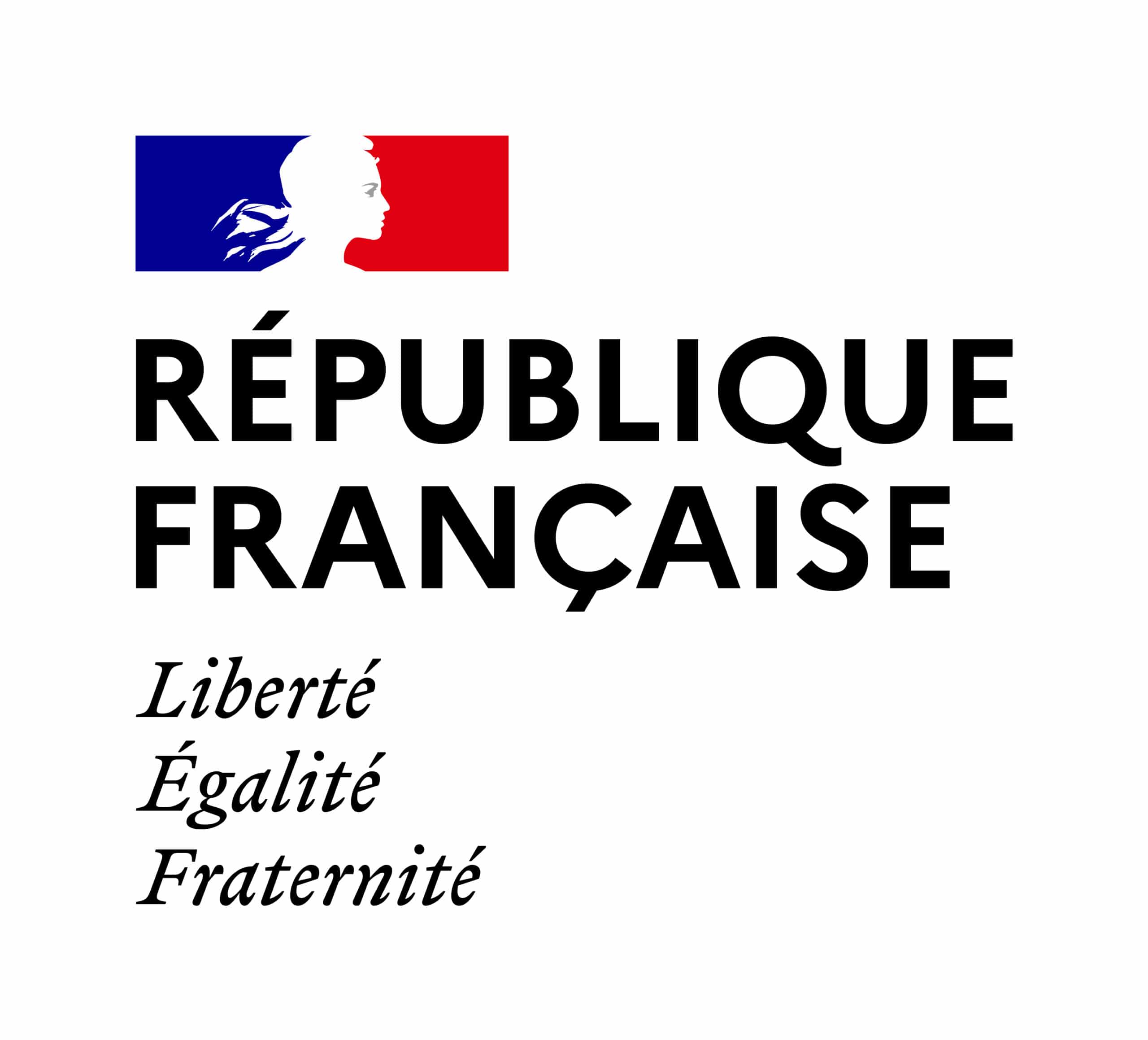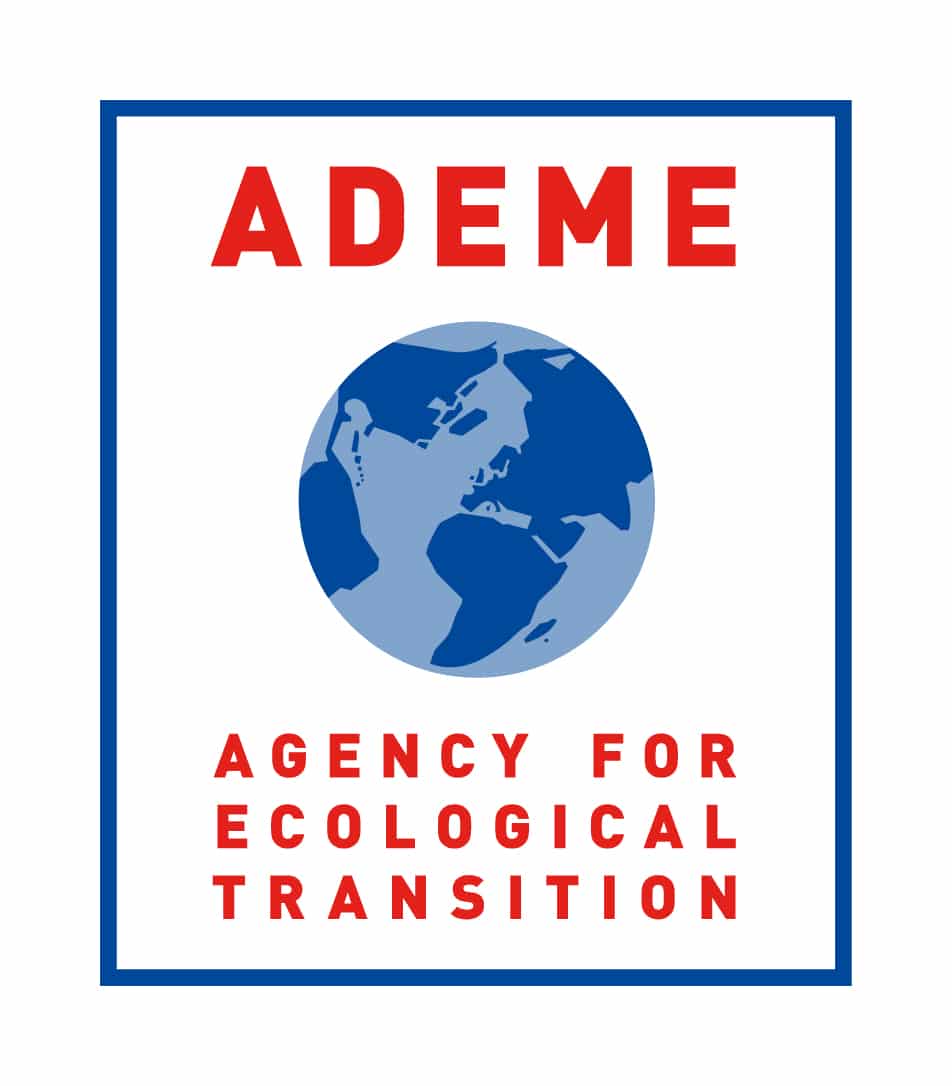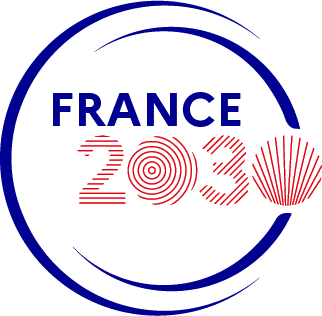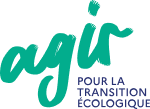Our evaluation policy
ADEME regularly assesses its programmes and strategies to better understand the effects and impacts they produce, decide on the strategic orientations to be taken and report on the public funds mobilised. These assessments are carried out at the territorial or national level. We also assess the quality of our services and the satisfaction of the beneficiaries of our actions.
In this page:
- What is the purpose of assessing the programmes and strategies that we conduct?
- What is the nature of these assessments?
- Who conducts these assessments at ADEME?
- Does ADEME also assess the quality of its services?
- Publication of reports and statements
What is the purpose of assessing the programmes and strategies that we conduct?
- LEARNING: they produce knowledge, by compiling and analysing data relating to the actions carried out;
- UNDERSTANDING: they interview beneficiaries and partners to understand the real impact of a programme;
- DECIDING: depending on the assessment guidelines, a programme can be modified, stopped or generalised;
- REPORTING: assessment reports make this information accessible to all, for a perfect transparency of ADEME’s action.
What is the nature of these assessments?
We set up different types of assessment:
- the initial assessment accompanies the implementation of a programme to verify that it is in line with the objectives set;
- the final assessment judges the results obtained at the end of a programme, using all the assessment criteria;
- the impact assessment serves to judge the impacts (environmental, economic, social) that a programme has generated. It is complementary to the final assessment.
Who conducts these assessments at ADEME?
Our assessment activity is based on three levels of governance:
- the Assessment committee: this committee is chaired by the Foresight and Research Executive Directorate (DEPR). This Committee is the internal body dedicated to steering the assessment of ADEME’s action. It brings together the Executive Directorates of Expertise and Programmes (DEEP), Mobilisation for the Ecological Transition (DEMTE), Territories (DET), the Directorate of the General Inspectorate (DIG), the Directorate of Financial Affairs (DAF) and the Quality/Transversality/CSR Unit.
- assessment officers at the Foresight and Research Executive Directorate: they steer the strategic assessments selected by the ADEME Assessment Committee. The services concerned by the strategy or programme being assessed are involved in this work.
- assessment officers of the technical services and regional directorates: they steer the assessments of a scheme or actions specific to a particular territory or theme. Analyses of a regional perimeter take into account local contexts. They help disseminate best practices between our 17 regional directorates.
These assessments are carried out by independent service providers (public policy assessment firm, specialist design offices or research teams), selected after a public consultation. Steering committees may be open to persons outside ADEME, line ministries or stakeholders in the programme or policy to be assessed.
Does ADEME also assess the quality of its services?
The objectives and performance contract (COP)
The COP 2020-2023 links ADEME to the State. This contract sets three main priorities for ADEME to mobilise and support citizens, territories and economic and public stakeholders:
- amplify the deployment of the ecological transition;
- contribute to collective expertise for the ecological transition;
- innovate and prepare for the future of the ecological transition.
Each year, the management and performance report lays out ADEME’s ability to meet its objectives in the context of the COP. It analyses the actions carried out in the light of 21 performance indicators (number of “sustainable food” projects supported by the agency, average number of downloads of prospective studies, tonnages of waste oriented towards recycling and recovery, etc.) and justifies the use of the funds entrusted.
The objectives and performance contract 2020-2023
The COP sets three main priorities for ADEME.
Service quality indicators
ADEME regularly measures the satisfaction of the beneficiaries of its actions: the general public, the State, local authorities, companies, etc. The creation of a barometer was entrusted to IFOP for the years 2017 to 2019. In 2021, a survey of the general public was conducted.





